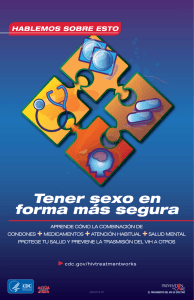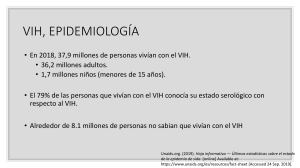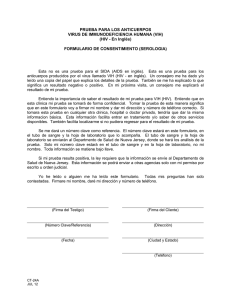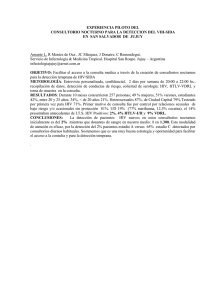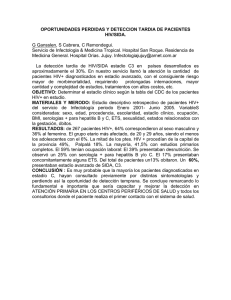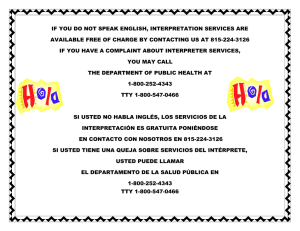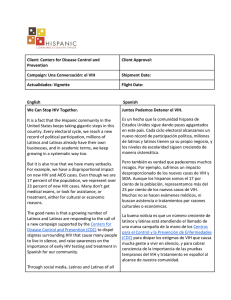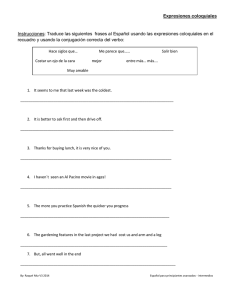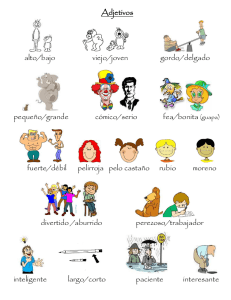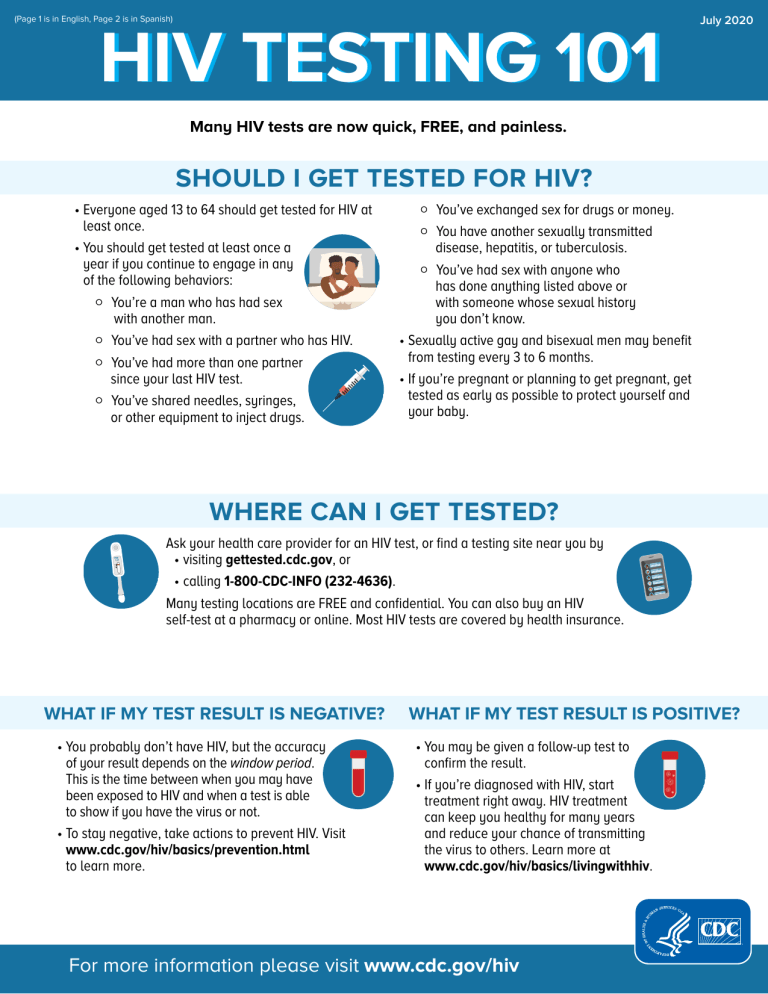
(Page 1 is in English, Page 2 is in Spanish) HIV TESTING 101 July 2020 Many HIV tests are now quick, FREE, and painless. SHOULD I GET TESTED FOR HIV? • Everyone aged 13 to 64 should get tested for HIV at least once. • You should get tested at least once a year if you continue to engage in any of the following behaviors: ǮǮ You’re a man who has had sex with another man. ǮǮ You’ve had sex with a partner who has HIV. ǮǮ You’ve had more than one partner since your last HIV test. ǮǮ You’ve shared needles, syringes, or other equipment to inject drugs. ǮǮ You’ve exchanged sex for drugs or money. ǮǮ You have another sexually transmitted disease, hepatitis, or tuberculosis. ǮǮ You’ve had sex with anyone who has done anything listed above or with someone whose sexual history you don’t know. • Sexually active gay and bisexual men may benefit from testing every 3 to 6 months. • If you’re pregnant or planning to get pregnant, get tested as early as possible to protect yourself and your baby. WHERE CAN I GET TESTED? HIV1/2 C T Ask your health care provider for an HIV test, or find a testing site near you by • visiting gettested.cdc.gov, or • calling 1-800-CDC-INFO (232-4636). Many testing locations are FREE and confidential. You can also buy an HIV self-test at a pharmacy or online. Most HIV tests are covered by health insurance. WHAT IF MY TEST RESULT IS NEGATIVE? • You probably don’t have HIV, but the accuracy of your result depends on the window period. This is the time between when you may have been exposed to HIV and when a test is able to show if you have the virus or not. • To stay negative, take actions to prevent HIV. Visit www.cdc.gov/hiv/basics/prevention.html to learn more. WHAT IF MY TEST RESULT IS POSITIVE? • You may be given a follow-up test to confirm the result. • If you’re diagnosed with HIV, start treatment right away. HIV treatment can keep you healthy for many years and reduce your chance of transmitting the virus to others. Learn more at www.cdc.gov/hiv/basics/livingwithhiv. For more information please visit www.cdc.gov/hiv Julio de 2020 INFORMACIÓN BÁSICA SOBRE LAS PRUEBAS DEL VIH Ahora muchas de las pruebas del VIH son rápidas, GRATUITAS y no duelen. ¿DEBO HACERME LA PRUEBA DEL VIH? • Todas las personas de 13 a 64 años de edad se deberían hacer la prueba del VIH al menos una vez. • Usted se la debería hacer al menos una vez al año si: Ǯ Es hombre y ha tenido relaciones sexuales con otro hombre. Ǯ Ha tenido relaciones sexuales con una pareja que tiene el VIH. Ǯ Ha tenido más de una pareja desde que se hizo la última prueba del VIH. Ǯ Ha compartido agujas, jeringas u otros implementos para la inyección de drogas con otra persona. Ǯ Ha intercambiado relaciones sexuales por drogas o dinero. Ǯ Tiene otra enfermedad de transmisión sexual, hepatitis o tuberculosis. Ǯ Ha tenido relaciones sexuales con alguien que ha hecho alguna de las cosas mencionadas más arriba o cuyos antecedentes sexuales no conoce. • Para los hombres gais y bisexuales sexualmente activos podría ser beneficioso hacerse la prueba cada 3 a 6 meses. • Si está embarazada o planea quedar embarazada, hágase la prueba lo más pronto posible para proteger al bebé. ¿DÓNDE PUEDO HACERME LA PRUEBA? HIV1/2 C T Pídale a su proveedor de atención médica que le haga la prueba del VIH o busque un sitio de pruebas cercano. Para ello: • visite gettested.cdc.gov/es, o • llame al 1-800-CDC-INFO (232-4636). Las pruebas son GRATIS y confidenciales en muchos sitios de pruebas. También se puede hacer la prueba usted mismo con un kit que se compra en la farmacia o en línea. El seguro médico cubre la mayoría de las pruebas del VIH. ¿QUÉ SIGNIFICA SI EL RESULTADO DE MI PRUEBA ES NEGATIVO? • Significa que usted probablemente no tenga el VIH. Sin embargo, la precisión del resultado depende del periodo de ventana, que es el tiempo entre el momento en que pudo haberse expuesto al VIH y el momento en que la prueba puede mostrar si tiene el virus o no. • Para seguir siendo VIH negativo, tome medidas para prevenir infectarse. Visite www.cdc.gov/hiv/spanish/basics/prevention.html para obtener más información. ¿QUÉ SUCEDE SI EL RESULTADO DE MI PRUEBA ES POSITIVO? • Es posible que le hagan una prueba de seguimiento para confirmar el resultado. • Si recibe el diagnóstico de infección por el VIH, comience el tratamiento de inmediato. El tratamiento del VIH puede mantenerlo sano por muchos años y reducir las probabilidades de transmisión del virus a otros. Obtenga más información en www.cdc.gov/hiv/spanish/basics/livingwithhiv/index.html Para obtener más información visite la página www.cdc.gov/hiv/spanish MLS-280325_r
